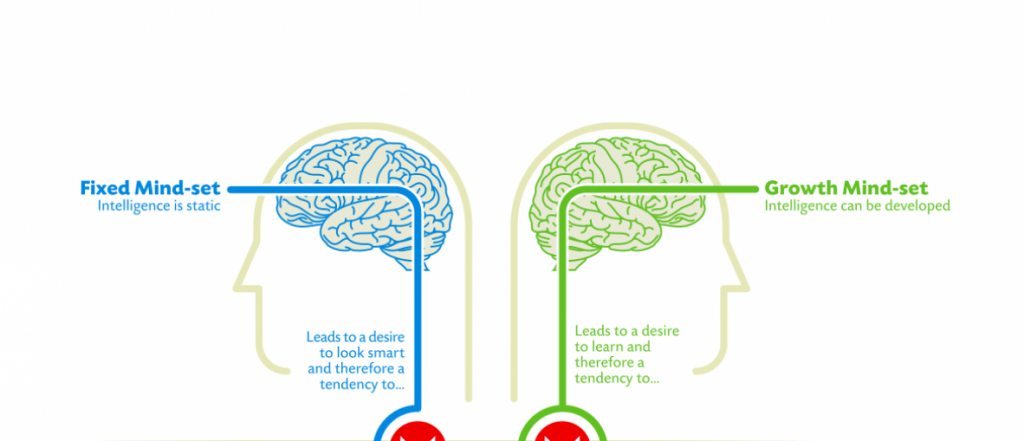WHY WE NEED A “GROWTH MINDSET” CIVIC TECH CULTURE
- DEEPTHI WELARATNA
- June 9, 2015
- 9:09 am
This year, many of the speakers at Personal Democracy Forum challenged us to rethink the cultural design of our systems, not simply the technical.
This year, many of the speakers at Personal Democracy Forum challenged us to rethink the cultural design of our systems, not simply the technical. Deanna Zandt asked us to “Imagine All The Feelz” and consider how we might create space for personal truths, even the painful ones, in our social media discourse. And in “Public Engagement is Broken: Are You Part of the Problem?” Catherine Bracy suggested that, instead of building a new social network, we redesign the public meeting from a space for contentious bickering to a space for productive dialogue.
The truth is, the culture of a system determines its success. We need systems that are comfortable with the notion that they are not perfect. We need systems that acknowledge that we are always learning, that we improve over time. We need systems built on a culture of ongoing improvement, not fixed outcomes. We see this learning culture across many disciplines, from agile development in tech to continuous improvement in education. The core logic at the heart of all of these successful systems is that of the “growth mindset,” a philosophical stance first identified by Stanford psychologist Carol Dweck.
A “fixed mindset” assumes our qualities of character and intelligence are set at one inherent level, and there is little to be done to change them. Some of us are smart, some of us are dumb, and we play the hand we’re dealt. A growth mindset assumes that our intelligence and abilities are dynamic, and that we can improve our skill levels through practice. Our capacity is directly related to our effort. Carol Dweck finds that fixed mindset students are mainly motivated “to look smart all the time and never look dumb.” Growth mindset students are more likely to continue working hard despite setbacks, and look at challenges as opportunities for growth.
What will happen if we adopt the growth mindset as the culture of our civic engagement systems? We can reframe our failures as opportunities to learn. We can contextualize data as a means to an end. We can embed accountability as a stepping stone to progress. We can meet people where they’re currently at and create opportunities for deeper participation over time. Our systems will incentivize participation, because participation will create improvement.
Tristan Harris broke down what happens when we use a fixed outcomes approach to designing our systems in his PDF talk, called “Constantly Distracted? Design for Time Well Spent.” Using a fixed volume metric like time spent has lead to product features like the Facebook Timeline, which encourages passive content consumption. The Facebook Timeline has had a profound impact on how we spend our time on the internet, reducing active participation by omission. What if we measure mindful engagement, as Tristan advocates? What if, as he suggests, we use positive impact on human well-being as a measure of our success instead of time spent? Using our metrics to track what we value gives us a concrete pathway to deliver on growth mindset-based design.
Last year I founded a social systems design lab called Thicket. From its inception, we’ve focused on creating a space for people to think and work together to solve our most entrenched systemic problems. Throughout the process of designing our community-powered research and design platform launching this summer, our team has been motivated by this question: How might we instill the growth mindset in our product design? We think we’ve done pretty well, but in the spirit of continuous improvement, we can do even better.
Coming to PDF this year as a Civic Hall Fellow has been an invigorating reminder that there is a strong, motivated, energized community of thinkers, designers and technologists who believe that our systems can truly be better, and are putting in the effort to make them so. If we can channel that spirit of dynamic improvement into all of our systems, I believe we will have successfully created the conditions for greater civic engagement.
Deepthi Welaratna (@deepthiw) is founder of Thicket, a design lab and consultancy creating products and experiences that harness the power of global communities to move us forward, faster. Deepthi has spent the last 14 years influencing complex systems through public policy campaigns, creative leadership programs, and movement building around a range of social and economic issues. Deepthi attended PDF as a Civic Hall fellow this year.


